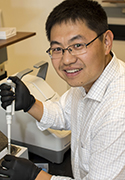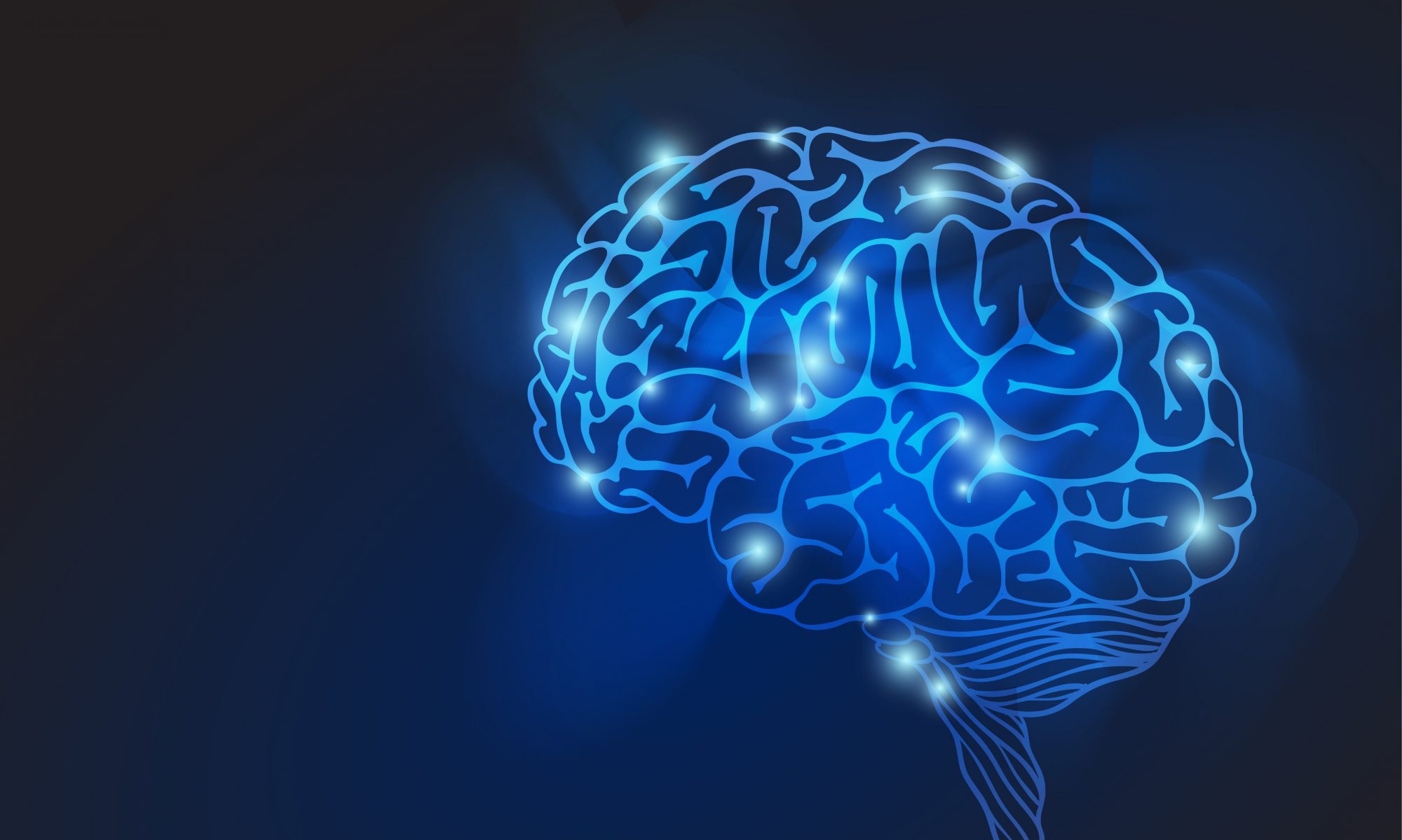 Kai Zhang, Assistant Professor of Neuroscience and Biochemistry, and Director of the Zhang Lab at the University of Illinois, will deliver the final Frontiers in Miniature Brain Machinery lecture for the Spring 2019 semester on “Bidirectional optogenetic dissection of neurotrophic signaling during cell differentiation and embryonic development.”
Kai Zhang, Assistant Professor of Neuroscience and Biochemistry, and Director of the Zhang Lab at the University of Illinois, will deliver the final Frontiers in Miniature Brain Machinery lecture for the Spring 2019 semester on “Bidirectional optogenetic dissection of neurotrophic signaling during cell differentiation and embryonic development.”
The event is free and open to the public April 10 at 4pm in 2269 Beckman.
Abstract:
The neurotrophic signaling pathway regulates a wide spectrum of cell functions such as cell survival, proliferation, differentiation, and apoptosis. It also plays a key role in cell fate determination during embryonic development. Evidence suggests that the signaling output of the neurotrophic pathway varies with its temporal kinetics. However, a quantitative delineation of signaling kinetics is limited due to a lack of tools that allows precise control of the neurotrophic signaling in time and space. Non-neuronal optogenetics, an emerging technique that utilizes light to control intracellular signaling pathways, offer an alternative solution to address this challenge. In this presentation, Zhang will introduce optogenetic systems recently developed in his laboratory that allow for reversible and bidirectional optical control of neurotrophic signaling pathway in intact cells and in developing Xenopus laevis embryos. Zhang will also discuss the limitations of current non-neuronal optogenetics and current progress in the field in overcoming these limitations.
Bio:
Dr. Kai Zhang received his Bachelor of Science from the University of Science and Technology of China (USTC) in 2002 and PhD from the University of California, Berkeley in 2008. His PhD work focused on the development of experimental and theoretical approaches for single-molecule fluorescence spectroscopy and nonlinear optical microscopy. In 2009, he joined Stanford University as a postdoctoral scholar and made a transition from the field of physical chemistry to neurobiology, studying axonal transport in neuronal diseases with single-molecule fluorescence microscopy. In August 2014, Dr. Zhang joined the Biochemistry Department of the University of Illinois at Urbana-Champaign (UIUC) as a tenure-track assistant professor. At Illinois, the Zhang laboratory develops new biotechnologies including optogenetics and single-molecule fluorescence microscopy to investigate how growth factor-mediated signal transduction regulates cell fate determination. The long-term goal of Zhang’s research is to delineate how spatiotemporal regulation of growth factor-mediated signal transduction determines cell differentiation during embryonic development and how this signaling process is compromised in diseases such as neurological disorders and cancers.

